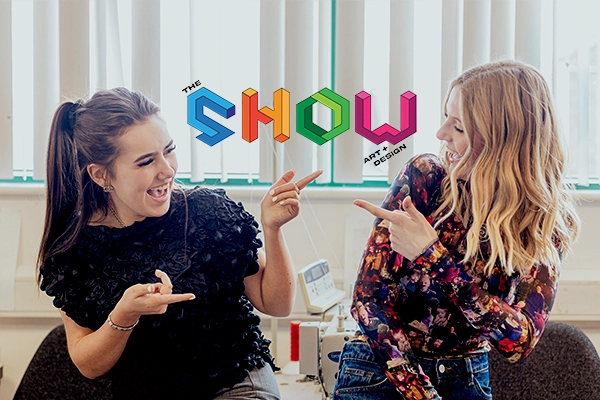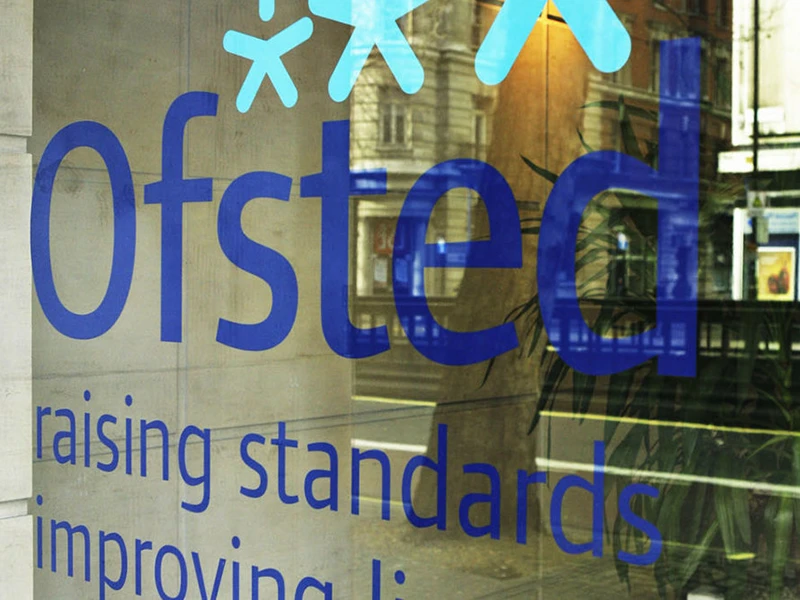News

Let’s take a look at all things Fashion & Textiles at Shrewsbury Colleges Group! We interviewed two best friends, Molly Johnson and Pippa Geyton, who met here when they started our Vocational Fashion and Textiles course.
Read more
Let’s take a look at all things Product Design at Shrewsbury Colleges Group; as three of our students studying A Level Product Design talk you through their time on the course.
Read more
Let’s take a look at all things Art & Design at Shrewsbury Colleges Group! We had the pleasure of catching up with two students studying our vocational Art courses who will both be exhibiting at The Show: Lily Deakin and Tom Carser.
Read more
From Shrewsbury Colleges Group to opening their own Salon! We visited Glow Salon in Shrewsbury to catch up with our Level 3 Beauty Therapy Alumni; Lauren and Ellie.
Read more
We have an important update about the future of Shrewsbury Colleges Group. From 1 August 2025 onwards, we plan to become known as Shrewsbury College.
Read more

Important information about GCSE exams for SCG students.
As we approach Easter, there will be just over four weeks remaining before the first GCSE* exam takes place, and it is essential for students to attend all lessons to maximise their chances of success.
Read more

Shrewsbury Colleges Group is proud to announce the official opening of its brand-new Learning Resource Centre (LRC), a cutting-edge facility designed to enhance student learning and academic success.
Read more
(L-R) Damian Cassidy, Head of Asset Management at Connexus, Stuart Raine, Curriculum Director for Construction at Shrewsbury Colleges Group, Marcus Ayling, Project Manager at Marches Education Agency and Chris Hesketh, Curriculum Manager for Plumbing and Electrical at Shrewsbury Colleges Group.
College partners with Marches Energy Agency and Connexus for Hands-On Retrofit TrainingShrewsbury Colleges Group (SCG) is thrilled to announce a new partnership with the Marches Energy Agency and rural housing provider Connexus to provide a unique learning opportunity for its construction students.
Read more